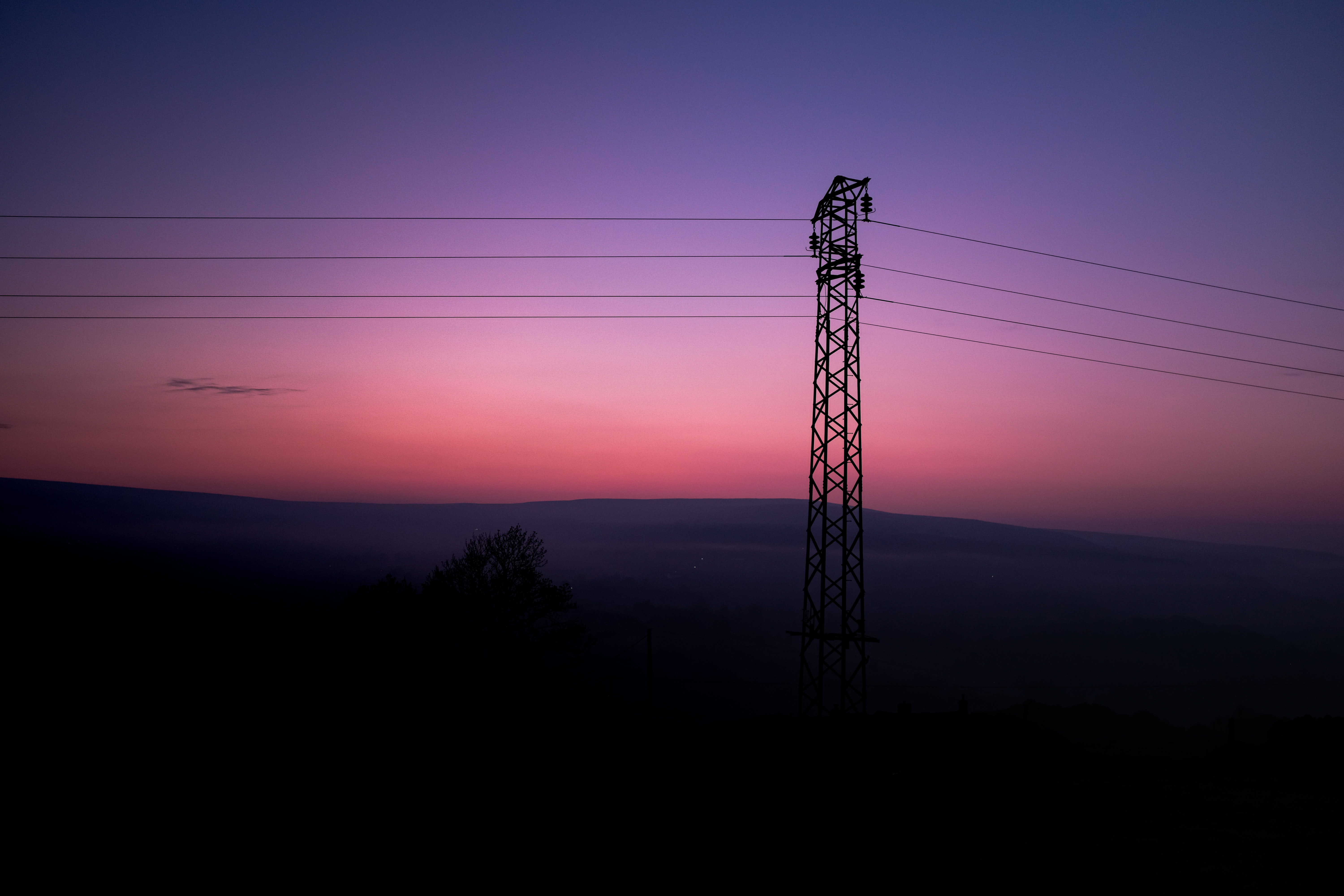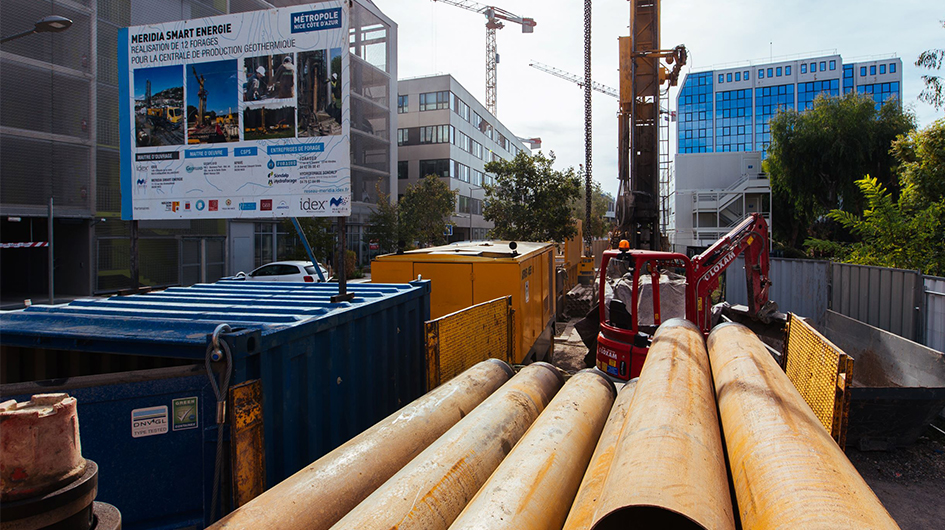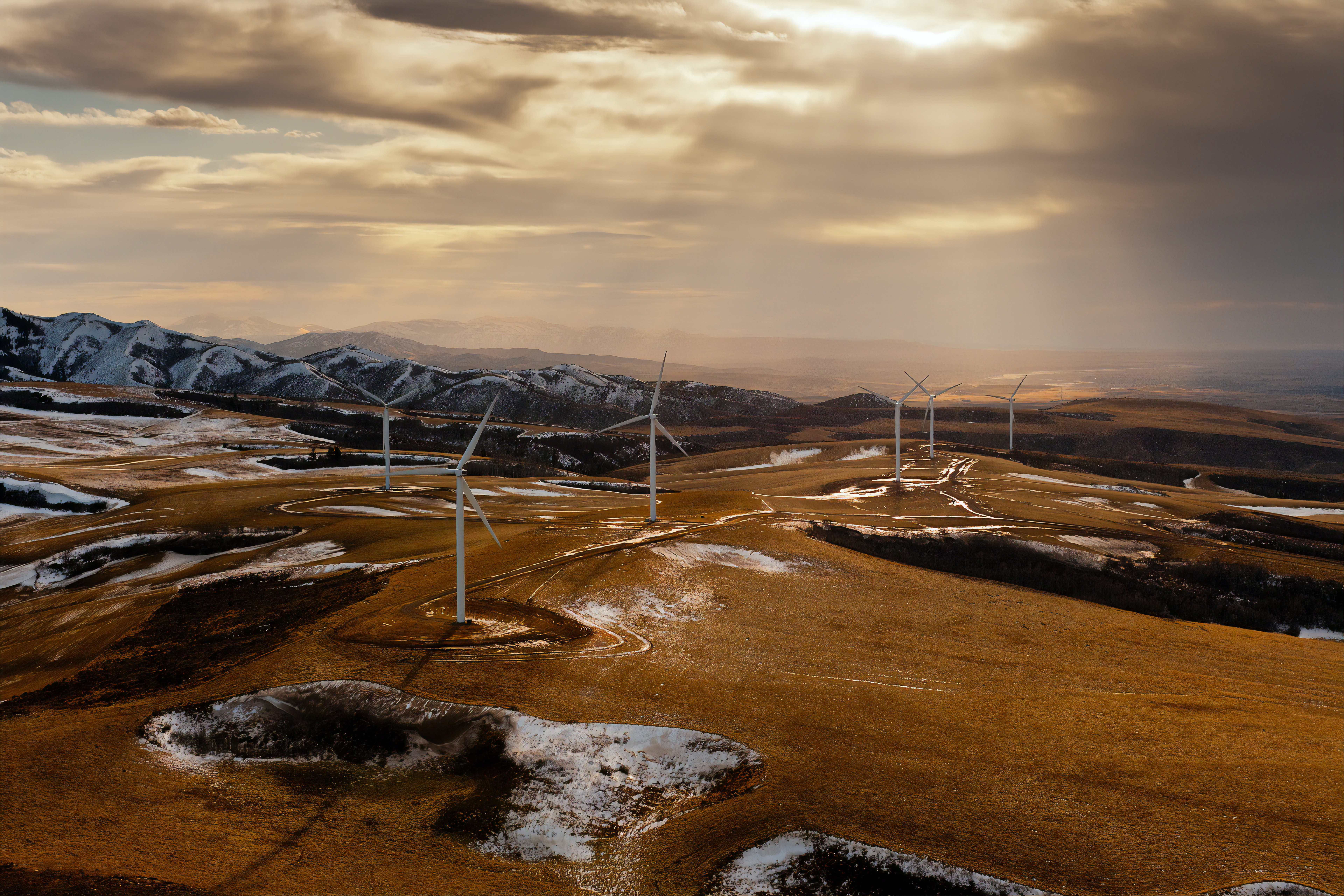36 results found
AreA is a platform designed to change the way renewable energy is procured in developing countries, created by Greenmap , a non-profit organisation aimed at scaling up cheaper and faster renewable energy deployment in emerging economies
CFA is a 4-year programme funded by the UK Department for Business, Energy & Industrial Strategy (BEIS). Aims to identify and develop pipelines of bankable climate-related projects that can attract investment at scale from the private sector. In 2017, Nigeria took part in the inaugural pilot CFA process The CFA initiative has since been extended to Mexico, Colombia, Peru, South Africa & Turkey. Stakeholders involved Conceiver: Ian Callaghan Associates Funder: UK Government (BEIS) Neutral convener for the CFA process: Nigerian Economic Summit Group
The Contracts for Difference (CfD) were introduced as part of the UK's Electricity Market Reform to incentivise investment in secure, low-carbon electricity, improve the security of the UK’s electricity supply, and improve affordability for consumers.
As the government of Saudi Arabia aimed to rapidly diversify its economy away from oil, there was an increased focus on sustainable strategies and growth of Islamic capital markets. With its Green Sukuk Framework, Saudi Electricity Company raised USD1.3 billion for low-carbon and climate-resilient infrastructure.
The New Climate Economy explores how countries at all levels of income can have better economic growth and a better climate.

In 2018, the City of Nice in southern France signed a 25 year contract with IDEX to design, finance, realise, operate, and maintain a heating and cooling network as well as to implement a smart grid for energy efficiency. IDEX is implementing this project in the 500,000m2 Nice Meridia district, which is home to office space, retail, leisure, housing, schools, and a hospital.
With signs of increasing international cooperation on climate change, including the Biden Administration’s commitment to halve America’s net greenhouse gas pollution by 2030, we may finally see new levels of momentum for transnational or cross-border renewable energy projects, which the United Nations has cited as required for the achievement of Sustainable Development Goal 7: Affordable and Clean Energy.
Mountainous area prone to natural hazards and the impacts of climate change and growing demand for basic infrastructure services due to population growth.
Parties involved (public and private): Republic of Uzbekistan, National Electric Networks of Uzbekistan
Enerjisa Enerji A.S., one of the leading private utility players in Turkey, serving nearly a quarter of Turkey?s population.
A senior corporate loan of up to EUR 15 million to be divided into two parallel tranches (i) the EBRD tranche and (ii) a concessional tranche provided by the Green Energy Special Fund ("GESF"), a Special Fund established and administrated by the Bank with the contribution of the Taiwanese International Cooperation and Development Fund to support EBRD projects related to investments in efficient energy technologies
To date, 112 IPP projects have been procured from four bidding round windows with further windows expected to be announced in the future
Cost Size: Total Cost of Scheme is INR 1,46,625 Crore and Union Government Support of INR 34,442 cores is to be provided
Converting old unused mineshafts and canals into 'geothermal boilers' to produce electricity that can be transported to homes or public spaces.
GI Hub CEO Marie Lam-Frendo discusses energy storage's disruptive potential and how its future is becoming increasingly important in light of the trends in global energy supply and demand.
Population growth and economic development, aggravated by climate change, will increase pressure on energy and water resources. Integrated planning can make the most of these two essential and scarce resources. Thirsty Energy, a World Bank initiative, helps countries address these issues and ensure sustainable development of both resources. This note focuses on the water needs of the power sector and particularly answers the following questions: Why is this issue important? Do power plants need all that much water? What about other types of plants? What are the challenges? and, What are our options?

The Brazilian government sought to diversify its energy mix and planned to add c. 10GW of power from renewable sources to its national grid by 2018
These policy guidelines are intended to help countries design and implement competitive selection processes for supporting renewable energy.

The main point of this report is to provide quantitative evidence of how improving utility management and more accurately targeting smaller subsidies would free up enough resources to make the needed investments and operate the sector at a lower cost.


This forum is a unique platform to catalyze partnerships that can rapidly bring to scale green growth opportunities bringing together governments from developed, developing and emerging economies along with the private sector.









 InfraTech (Infrastructure Technology)
InfraTech (Infrastructure Technology)





